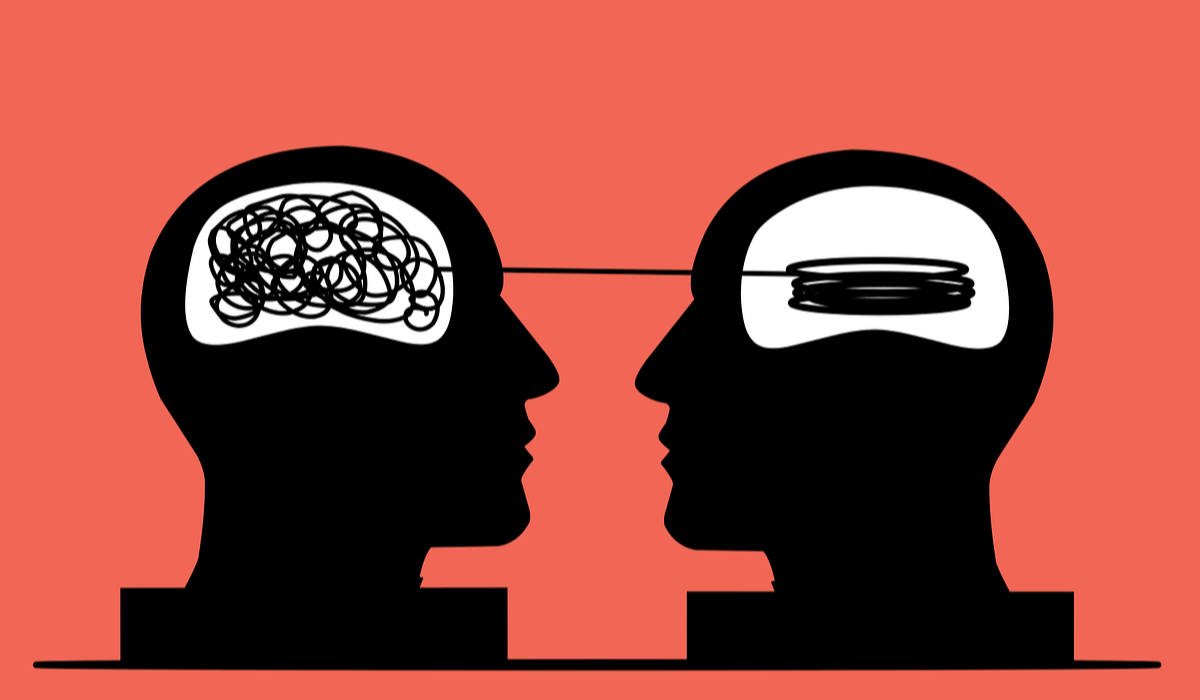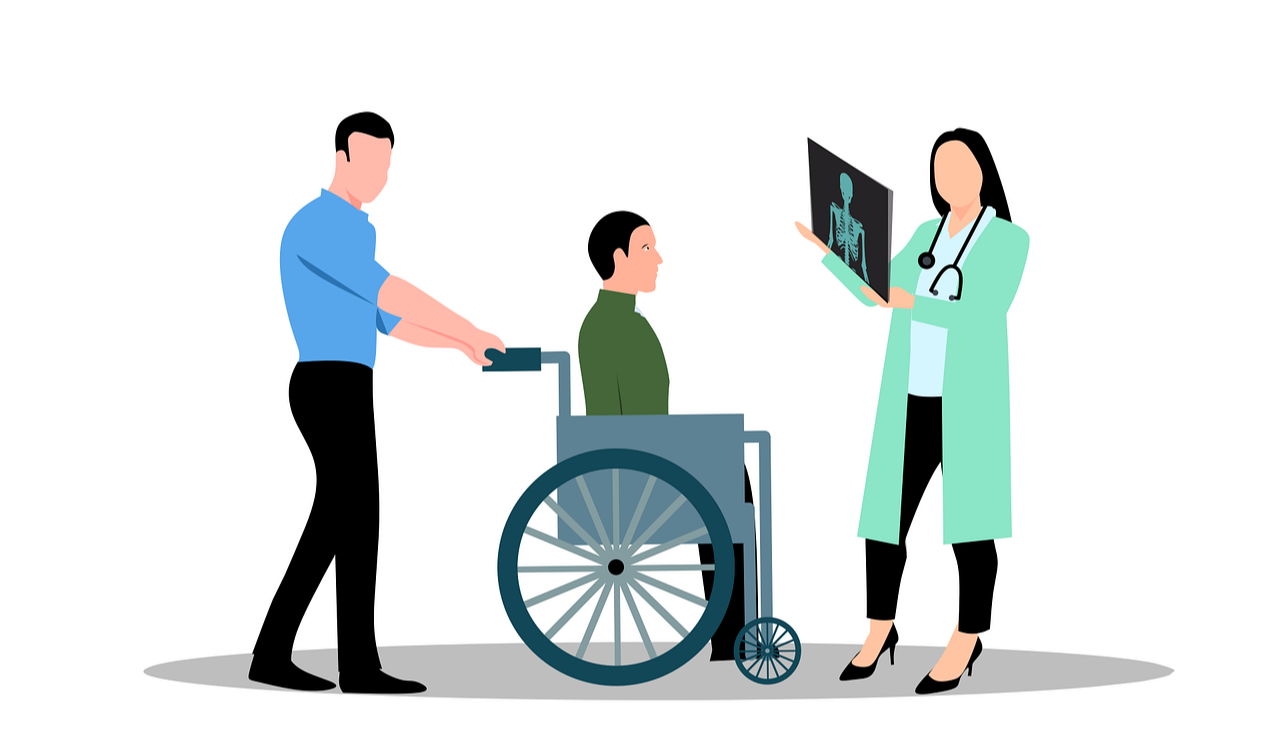Where are all the Other Neurodivergent Parents?
There are so many wonderful things about being a parent. There is nothing better than being able to watch your children grow and change, discover...

Working with parents has been my niche for a long time now, and I have been a parent myself for nearly ten years (which blows my mind). Over these years I have really found myself relating to and working particularly well with certain groups of what I consider to be "forgotten parents." These are parents we (as a society) tend to either not notice or purposefully ignore. The first of these forgotten parents is a group I happen to be a member of: neurodivergent parents.
Neurodivergence (ND) is an extremely broad umbrella (causing a lot of disagreement among ND people, clinicians, scholars, etc.), but at its most basic, neurodivergence is a form of cognitive function that is not "neurotypical," or differs in some way from the "norm". Among ND folks, we might see differences in language, sensory processing, memory, learning, attention, and more. Some diagnoses that might be considered to be neurodivergent include (but aren't limited to) Autism, ADHD, OCD, and borderline personality disorder, and people who are neurodivergent may be living with anxiety, depression, social difficulties, and more.
There is actually a plethora of information out there for parents of ND children, and we have systems in place to assist kids who are attempting to live and function in a world that is difficult for them for a multitude of reasons (e.g., individualized education plans in the school system). If you google these topics with kids in mind, you're bound to find pages and pages of results.
Like many other adult women (especially mothers) who I have spoken to and read about, I began to explore the possibility that I might be Autistic as I was attempting to parent my own children. My oldest was struggling in some ways that I recognized to be related to a possible Autism diagnosis, which led me to do that thing that I do so well: dive into the research and learn everything there was to learn about raising a highly sensitive daughter (hello, special interest). Finding books, scholarly articles, and communities of other parents raising sensitive kids was incredibly easy, and I began to notice a theme in what I was reading and seeing: sensitive kids often have sensitive parents.
Some things I have always known to be true about myself were right there on paper with citations, leading to a sense of clarity and somewhat of an "ah-ha" moment for me. I have always known that I had an issue with repetitive noises. I have always known that I require more sleep than most folks. Professional clothing typically makes me feel trapped and anxious. And here was the data to show that there was a reason for the ways I have always felt different at best and broken at worst.
In my search for resources (e.g., websites, books, support groups, videos...anything!) to help me to be a better Autistic parent, I was so disappointed to find that there just wasn't much. It took a lot of effort to take in information focused on Autistic children and make it make sense for an adult point of view, and it also led me to really value the contributions of other Autistic/ND parents I have found online who have been talking about the experience of parenting through this ND lens (might I suggest Dr. Erin Rackham @erinrackham, KC Davis @domesticblisters, and @anautisticguide on TikTok?).
I need a village that sees this forgotten and neglected piece of who I am and to focus on it and foster the growth that I know it needs. I need to be truly seen and known.
This blog is definitely going to end in a "to be continued," both from the standpoint of my Autism journey not being at any kind of end, and also because there are more forgotten parents than just the neurodivergent ones. If this blog rings true to you or you might have questions about neurodivergence, Autism, and/or parenting, please reach out and let's see what we can do about building the village.

There are so many wonderful things about being a parent. There is nothing better than being able to watch your children grow and change, discover...

This blog is a companion blog to "Doctor Visits for Neurodivergent Folks," wherein I discuss specific ways that neurodivergent people can best...

If you have spent any time on TikTok lately, odds are you have come across some videos where folks (with a healthy helping of good humor) discuss the...